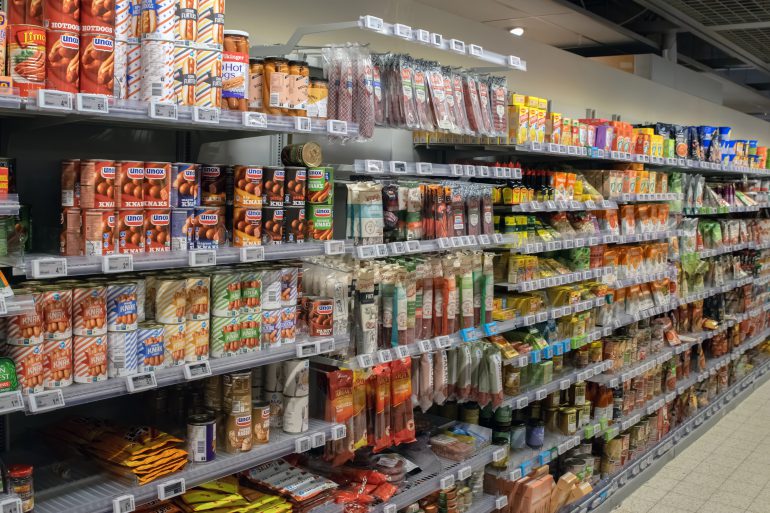Calls for greater variety in Dutch stores are growing, as expats are looking for more international options. The rise of foreign supermarkets shows how demand for diverse products is reshaping the food landscape, even among some local shoppers.
According to Levensmiddelenkrant, expats often feel Dutch supermarkets do not offer enough imported goods. On Reddit, users have shared their frustration. One commenter noted that ‘expats on a certain English-language subredditoften complain about the lack of variety in Dutch supermarkets’.
Another compared the Netherlands to Germany: ‘I live in Germany, and there’s a larger selection of soft drinks in thesupermarket, for example. The international section, on the other hand, is usually very small. There are often fewer vegetarian options, and pre-cut vegetables aren’t a big deal.’
For Dutch shoppers, however, the offerings feel sufficient. As one Reddit user put it: ‘Of course, it’s all fine for me in theNetherlands, because supermarkets usually sell exactly what I need as a Dutch person.’
Foreign supermarkets on the rise
According to RTL Nieuws, the number of international supermarkets in the Netherlands has risen by 11% in the past five years, from 740 to 819. Turkish, Surinamese, Asian and Russian stores are all growing in popularity. South Holland hasthe largest concentration, with 211 foreign supermarkets. Growth is also strong outside the Randstad. Zeeland, for example, saw the sharpest increase, where the number of international shops jumped by 68%, from 10 to 17.
The Russian chain VkusVill is preparing to open a third branch in the country. ‘In Russia, we’re a very large chain with fourteen hundred branches,’ says spokesperson Renata Sadekova. ‘In the Netherlands, we now have a store inAmsterdam and one in Bussum.’ Sadekova noted that their products appeal to a broad audience: ‘We sell a lot ofhandmade pancakes, dumplings and eggplant caviar. More than 60% of our customers are not of Russian descent.’
Why Dutch shoppers are interested
Cookbook author Vanja van der Leeden sees a clear explanation for the growing demand. ‘The Dutch don’t have a very strong food culture. That’s why we’re so eager to embrace other food cultures,’ she said.
She also points to the role of cookbooks: ‘A whole new world opens up when you go into a store like that. I often go toAmazing Oriental. They have everything, from Thai to Japanese cuisine. You’ll find products there that aren’t usually available in the supermarket, like trassi, fermented shrimp paste. It’s essential in sambal and nasi goreng.’
Martin Chan, director of Amazing Oriental, confirmed the trend. ‘We’re in all major cities. I think people come to us for the diversity, authenticity and choices,’ he explained. ‘You can find everything here, and that’s what makes it soenjoyable.’ His stores alone stock between 300 and 400 different types of noodles, underlining the breadth of the chain’s range.
Growing appetite for imports
In Schiedam, the Istanbul Supermarket has quickly become a success. Long queues formed at the Passage shopping centre during its opening week. Owner Fatih Yildiz recalled the excitement: ‘In our store in Charlois, not one person, not two, not three, but so many people asked when we would open in Schiedam.’
The turnout proved overwhelming. ‘Last Friday, the Passage was so crowded that we had to employ traffic controllers,’Yildiz said. ‘We have fresh fish and fresh bread from the bakery every day. And the freshest and cheapest fruit in the country, straight from the farm to our shelves.’ He emphasised that the store is for everyone: ‘We’re not just here forTurkish people. We would like to welcome all residents of Schiedam. That’s our wish; everyone is welcome.’ Looking ahead, Yildiz has ambitious plans. ‘We want to have ten more stores in the Rotterdam region: Kralingen, Rotterdam-West, and also in Gouda.’
From handmade Russian dumplings to Asian noodles and Turkish bread, shoppers in the Netherlands are increasingly turning to foreign supermarkets for variety. With 819 international stores now open, the trend shows no signs of slowing down.
Written by Nicole Bea Kerr
